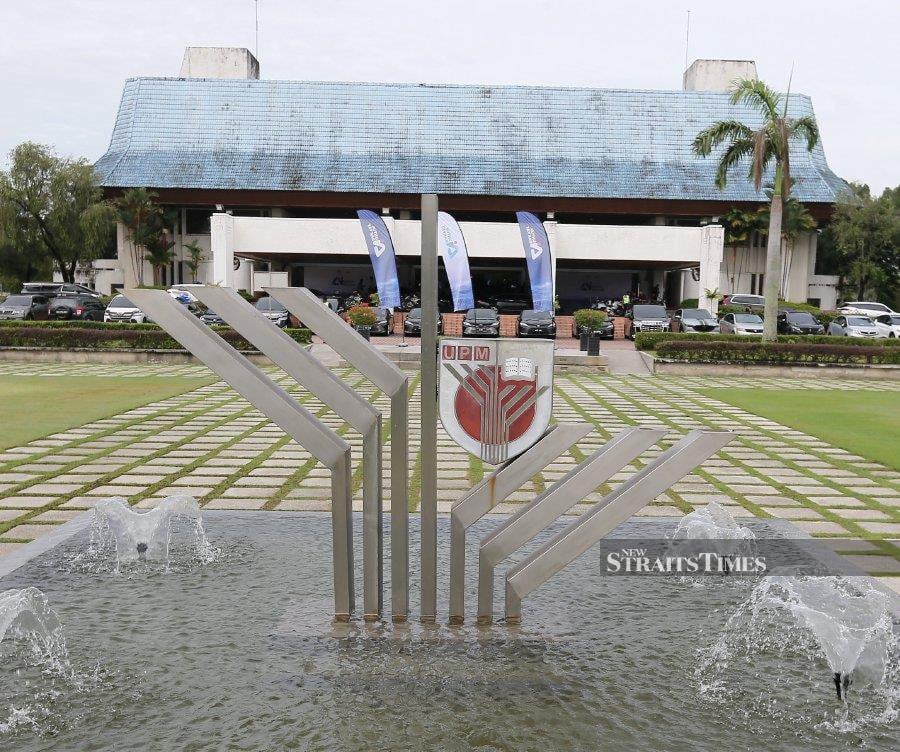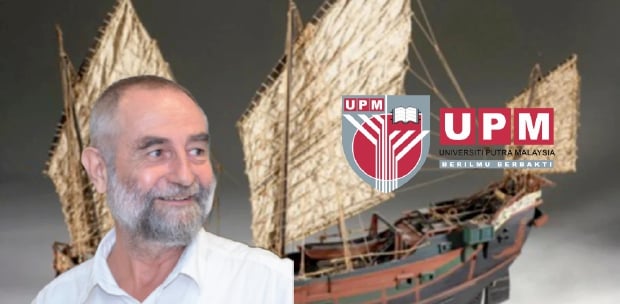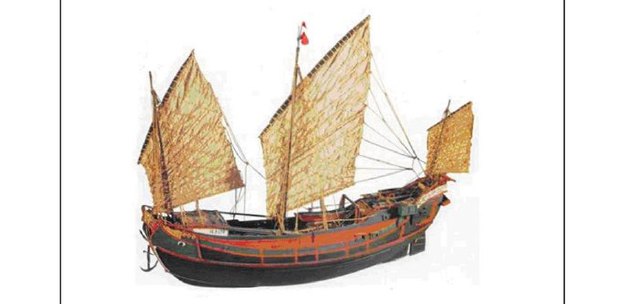KUALA LUMPUR: Universiti Putra Malaysia (UPM) has defended its research on Malay maritime history by two of its academics after the duo were accused of distorting facts.
The varsity said the research paper had been independently reviewed by experts, and said it takes the allegations against the research paper very seriously.
In a statement today, UPM said the article which was published in a journal included a list of referees from the educational research abstracts database, and this complied with the policy of blind peer-reviewed journals.
"This means that the research has been scrutinised by experts in the field, unrelated to the researcher, to avoid conflicts of interest and confirm the study's findings.
"UPM takes the allegations directed at the university seriously in this academic context.
"Given the academic nature of the research, UPM believes it is appropriate to discuss this issue within an academic space," it said.
It added that the field of social sciences and humanities is open to various interpretations.
UPM was responding to the New Straits Times article yesterday which quoted a French historian who accused two academics from UPM of misrepresenting historical facts related to Malay maritime history. The French academic also questioned the credibility of the academic journal it was published in.
Serge Jardin took to Facebook when he named Rozita Che Rodi and Hashim Musa– both academics affiliated with UPM– as the authors of a paper titled 'The Jongs and The Galleys: Traditional Ships of The Past Malay Maritime Civilization' that was published in the International Journal of Academic Research in Business and Social Sciences, Vol.13, Issue 11, 2023.
Jardin alleged that an image used in their paper to show a model of Malay Jongs (a type of sailing ship originating from Java, Indonesia that was widely used by Javanese, Sundanese, and later, also by Peguan and Malay sailors) is in fact a Foochow Pole Junk (a type of cargo vessel) from China.
His Facebook post included a photo of the jong in question to which he further listed two other factual claims in the paper that he argues have been falsified.





